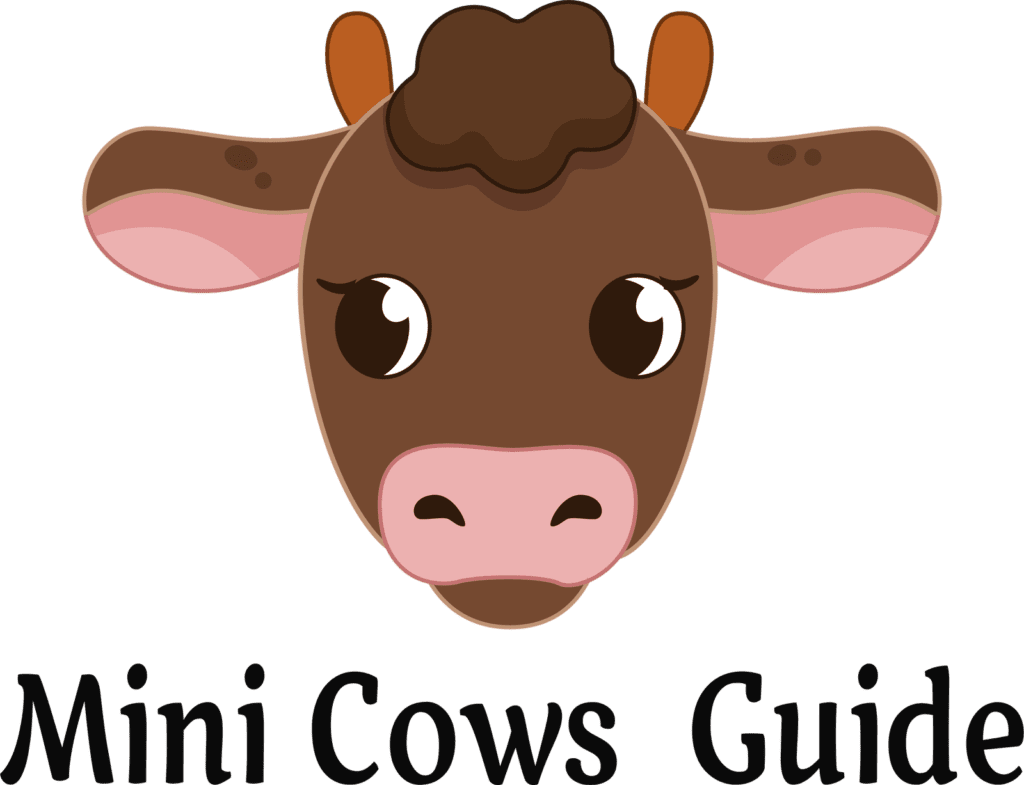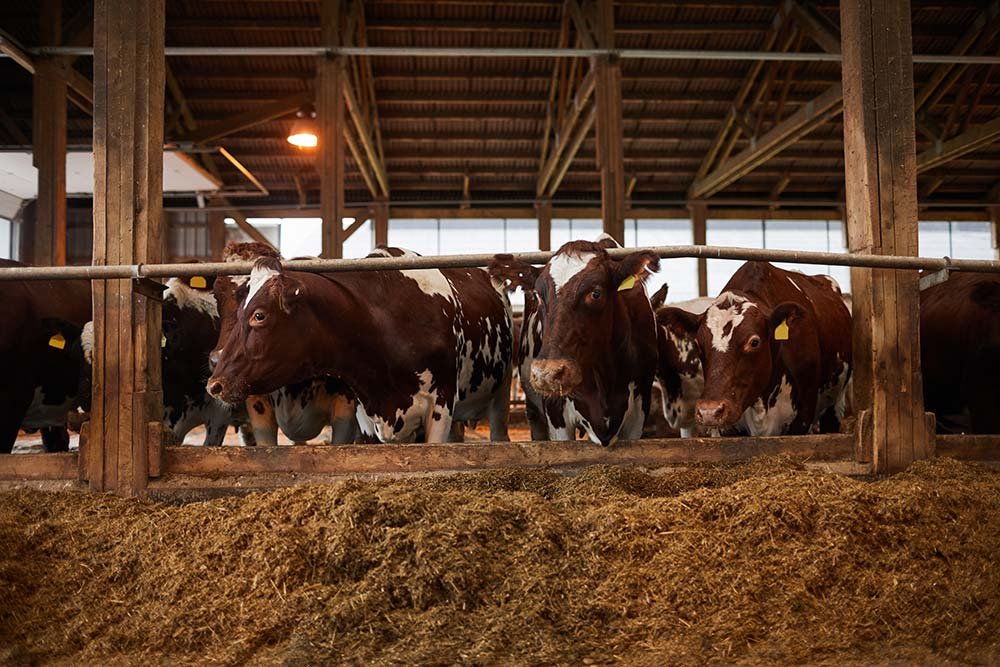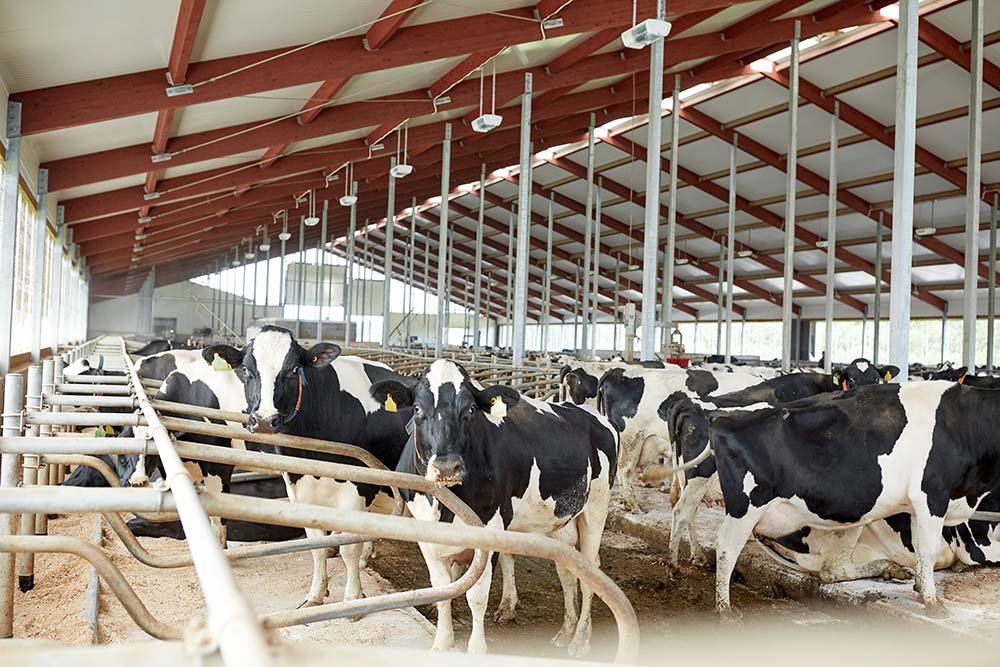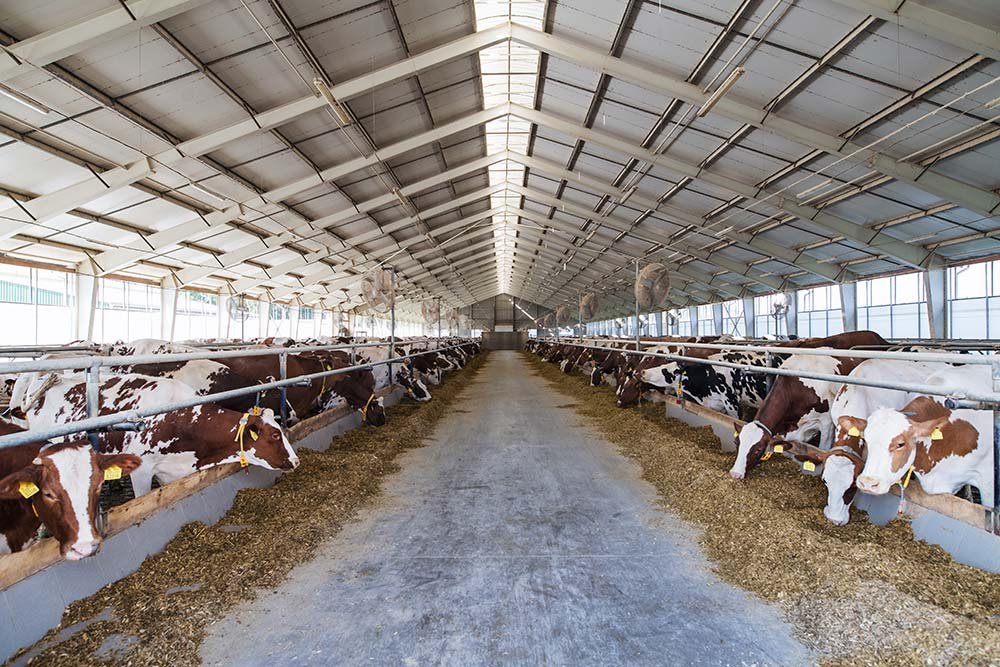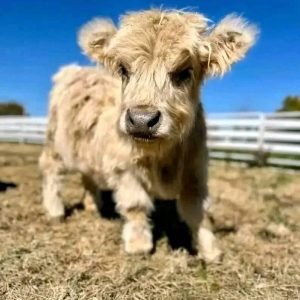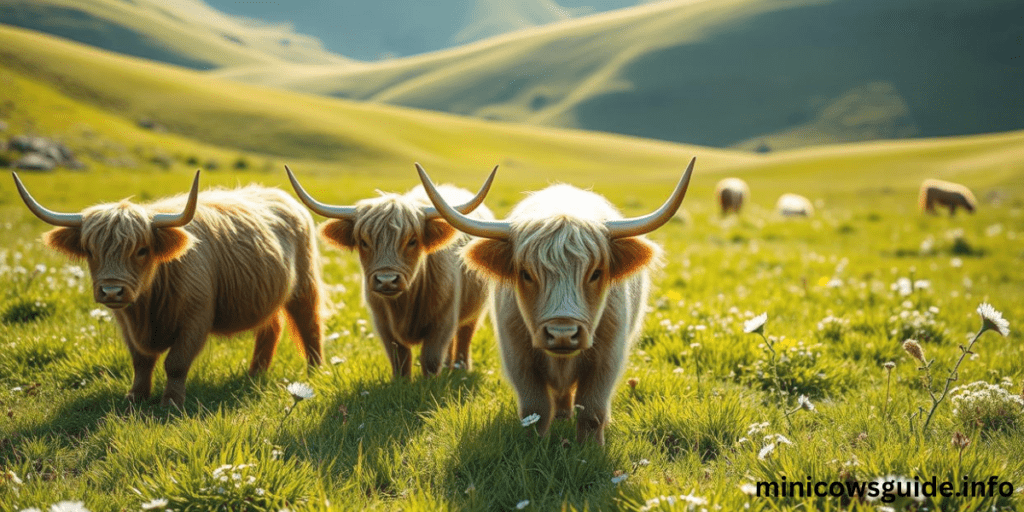Mini Highland Cows are very interesting for people who are curious about raising them on a farm. They are special because of their heritage and rare breed. They are loved for their small size and unique look, but there are some pros and cons to think about. It’s important to pay attention to their temperament and care to keep them healthy in the long. Honest breeders focus on good traits, like strong structure, healthy feet, and good temperament, rather than just making the cows as small as possible. While they could be called mid–size miniatures, taking care of them is the same as taking care of bigger cows. With the right knowledge, you can decide if you want to breed, raise, or just enjoy these cows on your farm.

1. The Truth About Mini Highland Cows:
There’s a common mixup that miniature or even micro-miniature versions of Highland cows exist. In reality, these Highland cows are naturally large animals. An adult Highland cow can weigh between 1100 and 1400 lbs, and the bulls are even heavier, ranging from 1500 to 2000 lbs. These animals are not miniature, and any claims of them being “mini” are often confusing. Their fluffy appearance, retains the strong, well-made size of a true Highland breed, making them wrong for people seeking a small pet.
2. Health and Welfare Concerns:
1. Physical Health:
They are adorable, but they face unique health challenges due to their size. They are not naturally bred to be small, some issues often arise that can affect their well-being. One significant concern is the strain placed on their joints, leading to joint problems. This happens because these animals are bred to be smaller than their original form, which is not how nature calculated.
2. Behavioral and Psychological Well-being:
Mini Highland cattle are ethical as pets, we must think about their behavioral and psychological well-being. These cows are social animals that thrive on connection within their pack. Keeping a mini Highland alone might not provide the necessary space and companionship they require, which can lead to emotional needs. In people’s experience, these needs are not met, which often results in stress and various behavioral problems.
3. Breeder Practices and Market Demand:
The increasing demand for mini cows has created a successful market where breeders can often charge high prices for these unique animals. This rising popularity comes with concerns. The demand has led to unethical breeding practices, where the focus shifts more toward profit than on the health and welfare of the cows.

4. Environmental and Agricultural Impact:
1. Environmental impact:
Discussing the ethics of keeping Highland cows, it’s important to consider their environmental impact. These smaller cows may consume fewer resources compared to their full-sized counterparts, which could make them seem like a more interesting choice. Their breeding and raising play a key role in determining their true environmental footprint.
2. Ethical Farming:
They are ethical, often movable on the ethical farming practices involved in their care. Breeding these cows for companionship can sometimes distract from more responsible approaches to agriculture. Instead of the welfare of these animals, it may lead to a focus on the trend of keeping them as pets. They can create a healthier environment for all animals while contributing positively to the food systems on.
5. Commercialization and Market Demand:
As the popularity of cute pets continues to rise, many people are excited about keeping these animals. This growing market demand can lead to serious issues. Some breeders may profit from the animal welfare of these cows. When a focus shifts from caring for the animals to making money, it can result in unethical breeding practices. This means that the cows may not receive the proper care they need, leading to poor conditions.
6. Alternatives to Mini Breeding:
1. Adopting or Supporting Ethical Farming:
It’s essential to explore alternatives like adopting or supporting ethical farming. Instead of breeding smaller versions of these animals for pets, owners can consider adopting cows from ethical farms or rescues. This approach not only helps animals in need but also promotes a more caring way to own livestock. Adopting animals allows for a deeper connection for their well-being.
2. Natural and Artificial Selection:
It’s important to think about the difference between natural and artificial selection. Promoting the welfare of naturally bred Highland cows is a more ethical approach. This method highlights conservation and humane farming practices rather than selective breeding for size, understanding the benefits of natural breeding can lead to healthier animals and a more sustainable farming practice.
What are mini highland cows used for?
They are versatile animals used for various purposes. They make excellent companions due to their friendly and gentle nature, as pets. They serve as show animals in agricultural fairs and livestock competitions. These cows are great for sustainable farming, as they graze on grass and weeds, promoting healthier pastures. They are also used in conservation grazing programs. Some people breed mini Highland cows for their smaller size, while others use them in educational programs therapy, benefiting both humans and the animals themselves.

Are mini highland cows healthy?
They can be healthy, but their well-being depends on proper care and management. Like any livestock, they can face health challenges, especially if bred irresponsibly. Common issues may include joint problems or heart defects, However, with a balanced diet, regular veterinary check-ups, and space for movement and social interaction, Highland cows can thrive. They have a stress-free environment and meeting their emotional needs is also important for maintaining their overall health.
Conclusion:
We see that their ethics are complex. These charming animals can be great friends and can help with sustainable farming. However, we also need to talk about the problems with irresponsible breeding and how they are cared for. By supporting ethical farming and choosing animals that are naturally bred, we can help make sure they are treated well and also help nature.
These cows must be cared for and treated nicely. To keep them healthy, we need to understand the right way to take care of them as pets. By focusing on kindness and good practices, we can enjoy all the good things these special animals bring us while also being fair to them. This way, we can make sure that mini Highland cows live happy and healthy lives.
FAQs
